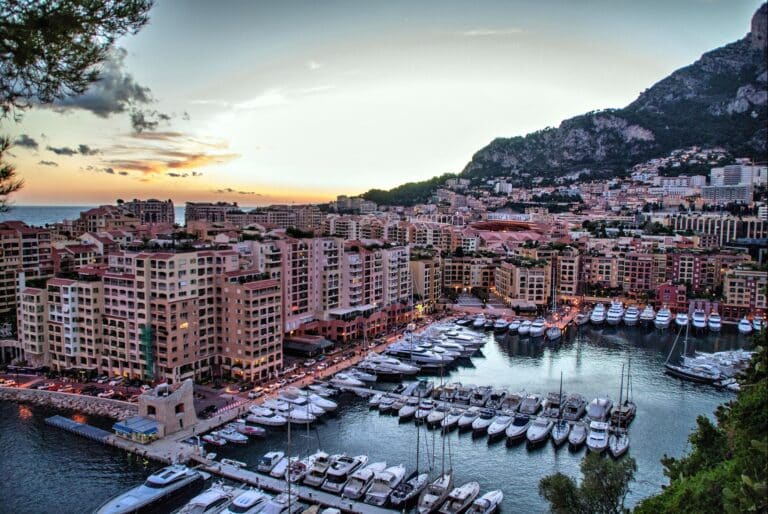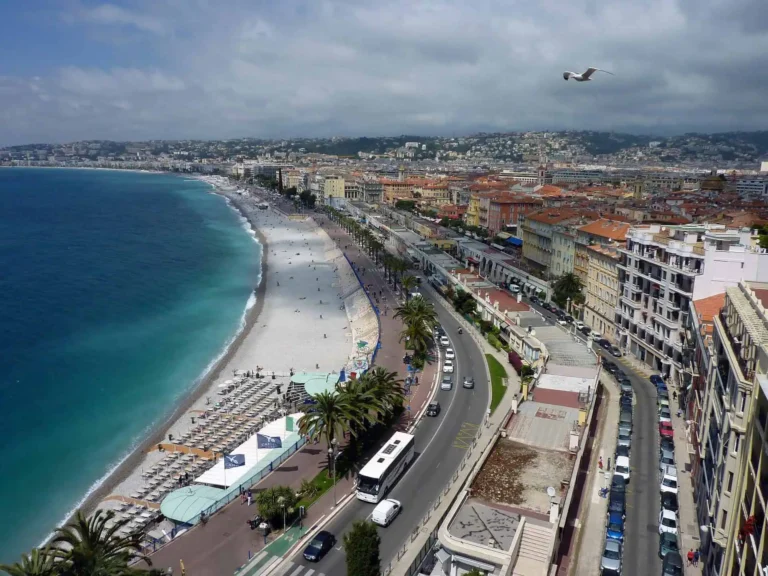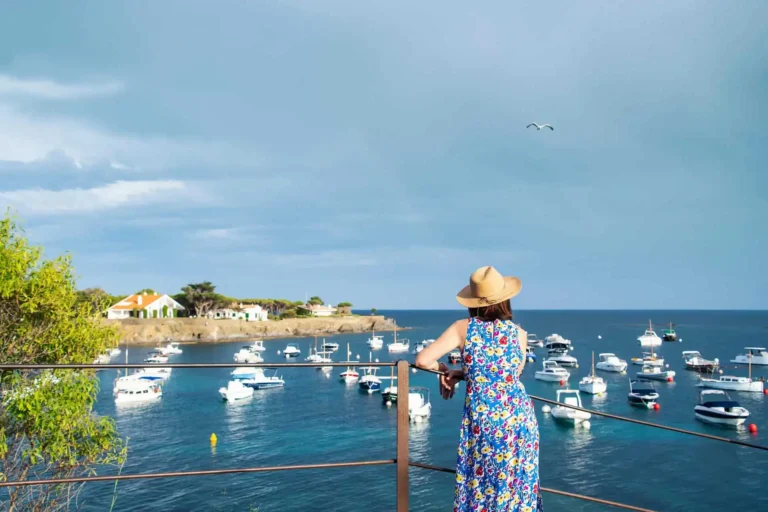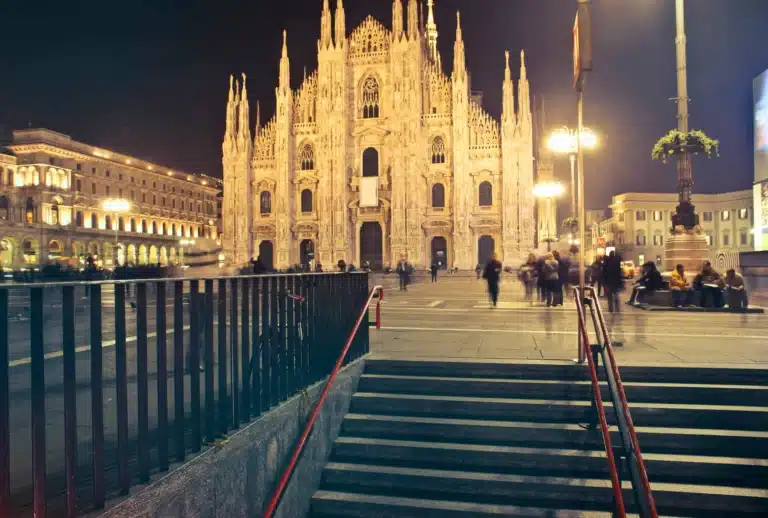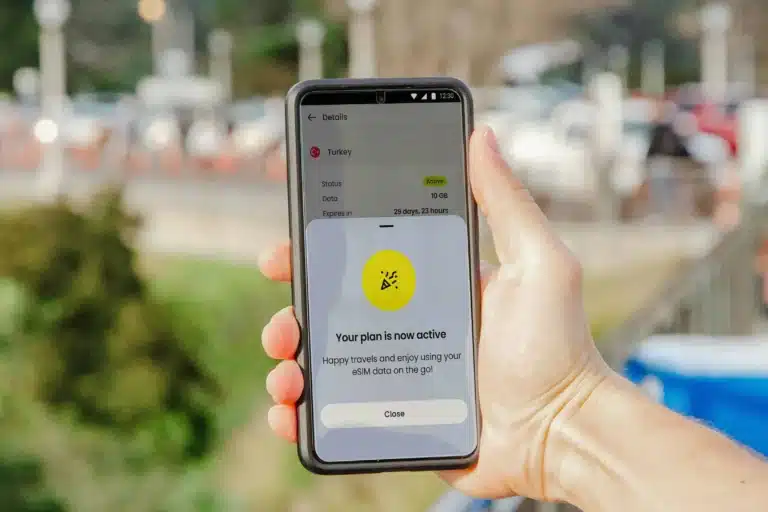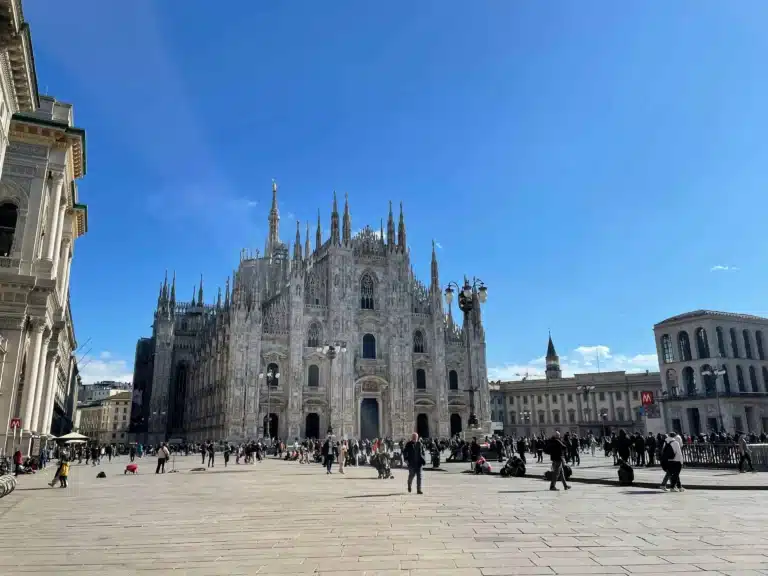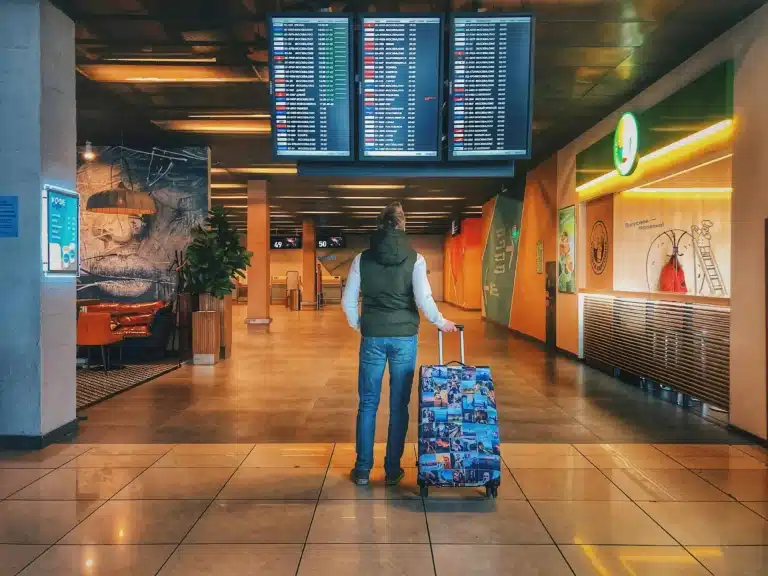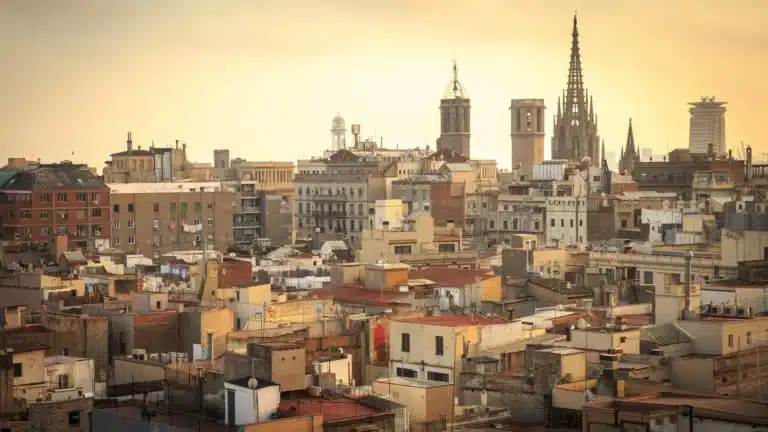Consisting of over 17,000 islands, including Sumatra, Java, and Sulawesi, Indonesia is the world’s largest archipelago in the world, making it the world’s largest island country. Located in Southeast Asia and Oceana, between the Indian and Pacific oceans, Indonesia offers tourists an abundance of sights and sounds to experience, from the bustling capital city Jakarta to the temples in Ubud.
If you are planning a trip to Indonesia, then this healthcare guide will give you everything you need to know to stay safe and informed during your stay.
Contents
- Healthcare Basics
- Cost of Healthcare in Indonesia
- Available Payment Methods
- Seeing a Specialist
- Drugstores and Pharmacies
- Hospitals and Clinics in Indonesia
- Emergency and After-Hours Healthcare
- Tips for Tourists
Healthcare In Indonesia – The Basics
The Indonesian healthcare system is divided into private insurance schemes and basic state healthcare. The country’s compulsory health insurance scheme – called Jaminan Kesehatan Nasional (JKN) – is managed by the Social Security Organizing Agency (Badan Pengelola Jaminan Kesehatan-BPJS) to provide basic medical care to all citizens (with a focus on targeting and subsidizing care for the poor), as well as improving its health system.
Citizens registered with the JKN are eligible to receive free healthcare ranging from dental checkups to serious procedures. However, the program does not cover: Healthcare obtained outside the BPJS procedure and healthcare obtained at facilities not participating with BPJS. Locals must bring their JKN cards whenever they visit public hospitals, clinics, or Puskesmas (state-owned community health clinics).
Overall, finding and funding adequate healthcare in Indonesia is challenging.
Public Healthcare
Even with the JKN initiatives to improve healthcare in Indonesia, the country remains short on resources for both hospitals and medical professionals. Resulting in public hospitals being overcrowded, underfunded, and understaffed. Even if you obtain a consultation, there is no guarantee the doctor will speak English – meaning as a foreigner in Indonesia, the public healthcare system is almost entirely inaccessible.
Anyone who is considering moving to Indonesia for work or retirement will need to invest in a comprehensive health insurance scheme to obtain a visa and ensure they will have access to adequate healthcare.
The quality of public healthcare in Indonesia is usually not up to the standard that many foreigners are accustomed to. Healthcare facilities are limited, and the best facilities are found in and around Jakarta. With many opting to travel to neighboring countries with better medical facilities, like Singapore or Thailand.
Private Healthcare
Despite the introduction of the JKN, private insurance still plays an essential role in providing financial protection for households in the country. Supplementing the JKN through the coordination of benefit (COB) mechanism, this option allows patients to use private insurance for any additional costs not covered by JKN. While private healthcare is more costly, it offers far better facilities and coverage than a public one.
Due to the low standards and inaccessibility of public healthcare in Indonesia, many expats and those who can afford it prefer to use private healthcare facilities in the country. Medical professionals at these institutions are more likely to speak English, and the healthcare standard will generally be much better. However, the capabilities of these private institutions may still be somewhat limited. It is not uncommon for medical evacuation to neighboring countries for medical emergencies and complex surgical procedures, where specialized staff and equipment are required.
If you are taking out healthcare insurance, ensure that your policy has provisions for medical evacuations.
Some of the leading health insurance providers are:
Cost of Health Care In Indonesia
The cost of healthcare in Indonesia is relatively cheap, even private medical institutions, which are considered expensive, can range from $24-$56 USD for a consultation fee. That price can be much lower when you go to clinics or public hospitals.
While dental rates depend on the facility, rates vary from $34-$103 USD.
Rates for a room at a private hospital are between $51-$89 USD – this does not include treatments, tests, or nursing care.
Available Payment Methods
While most institutions in urban areas are likely to accept card payments, medical facilities in rural areas probably won’t have card facilities.
Doctors And Specialists In Indonesia
The number of doctors and dentists in Indonesia far exceeds the need. However, the unbalanced distribution of doctors has made the quality of health services still unequal, with most medical care and specialty services only available in urban areas. With rural areas often only having access to small clinics which provide primary care. This is still a very real problem today in NTT, Papua, Paluku, Sulawesi and Kalimantan.
There are some highly qualified and experienced dentists working in Indonesia. If you are in Jakarta or Bali, you should find it particularly easy to find an excellent local private dental practice. While dental costs in Indonesia are not the cheapest on a global scale, they are significantly lower compared to some Western countries.
When it comes to optical treatment in Indonesia, it is best to use the private sector since there is a shortage of ophthalmologists, and eye care is limited.
Drugstores And Pharmacies
In Indonesia, pharmacies are known as ‘apotik’ and are easy to find in Indonesia’s main urban hubs, in shopping malls, hospitals, and medical clinics – with some staying open 24 hours a day. However, pharmacies are less common in remote rural areas but can be found at local health centers.
International chain pharmacies are common in large cities and are generally well-stocked. Avoid buying medication from markets, unlicensed pharmacies, or small local pharmacies, which often sell out-of-date, fake, or poorly stored drugs. Main pharmacy chains include Century Healthcare, Guardian and Apotik Melawai.
Most reputable pharmacies have a General Practitioner (MD) on site, who can issue prescriptions for a smaller fee than making an appointment with a GP in a medical clinic or hospital. Generally, Indonesian pharmacists will know a little bit of English; if you struggle to communicate, write down the name of the medication you want and show it to the pharmacist – often, it is pronounced differently in Indonesia.
Indonesian pharmacies dispense medication differently. For instance, medication that is strictly prescription-only in your country might be readily available over the counter in Indonesia and vice versa. Always take a note of the generic name for any prescription medication since brand names typically vary from country to country. While the cost of medical care in Indonesia remains cheap by international standards, medication can be expensive.
If you are visiting a pharmacy at a specific medical clinic, you will need a prescription from the doctor practicing at that clinic.
Take note that some medication is currently banned in Indonesia, including anything containing psychotropic substances. Some prescription medications from Australia, for instance, some ADHD medication and painkillers, are not permitted in Indonesia. Morphine, which is an opioid, is also banned, as well as anything containing amphetamine.
The list of prohibited substances also includes:
- Carisoprodol
- Chlorpromazine
- Codeine
- Tramadol
- Paradeine
- Barbiturates
- Pethidine
- Hydromorphone
- Buprenorphine (also known as Subutex)
- Oxycodone
An English language drug directory, called the MIMS, lists all drugs available in the country in both brand and generic names.
If you are traveling to remote parts of Indonesia, getting ANY type of medication can be very hard. So, it would be best to take basic medicines with you.
Hospitals In Indonesia
There are approximately 2,000 hospitals in the country, with half being privately-owned and half publicly owned. Since most public health facilities in the country tend to be overcrowded, underfunded, and understaffed – not to mention there’s no guarantee that the doctor will speak English – private hospitals are generally a better option. Keeping in mind that the improved quality of care is reflected in the cost. But they are more likely to have English-speaking staff and medical equipment – private hospital providers: Ciputra, Mayapada, Mitra Keluarga, OMNI, Siloam.
Private Hospitals/Clinics With English-Speaking Staff:
- BIMC Hospital – Bali:
- Kuta: Jalan Bypass Ngurah Rai 100X, Kuta, Bali 80361, Indonesia; +62 361 761 263 (24-hour emergency line)
- Nusa Dua: Kawasan BTDC Blok D, Nusa Dua, Bali 80363, Indonesia; +62 361 3000 911 (24-hour emergency line)
- International SOS Clinics – Bali and Jakarta:
- Bali: Jalan By Pass Ngurah Rai 505X, Kuta 80221, Bali; + 62 361 720 100 (24-hour emergency line)
- Central Jakarta: Menara Prima, 2nd Floor, Jl. DR. Ide Anak Agung Gde Agung Blok 6.2, Kawasan Mega Kuningan, Jakarta 12950; +62 21 5794 8600
- South Jakarta: Jl. Puri Sakti No. 10, Cipete – Antasari, Jakarta 12410 ; +62 21 750 5980 (clinic appointments) / +62 21 750 6001 (24-hour emergency line)
Hospitals in Indonesia typically require upfront payment with cash or credit card, regardless of having travel health insurance. Due to limited healthcare services, medical evacuation to Singapore, Australia, or Thailand is common for medical emergencies.
Emergency And After-Hours Healthcare
Indonesia does not have a national ambulance service. To meet this need, most hospitals and clinics operate their own ambulances. It is not recommended to make use of ambulances from public hospitals since they are often poorly equipped and unreliable. Some rural areas have no ambulances at all. If you do opt for an ambulance from a public hospital, you can dial 118 – but it would be far more efficient to have the contact details for private ambulance services. Your health insurance provider or hospital can give you this information.
Currently, 112 is the best number to dial in an emergency. You will be given instructions to follow once you dial the number.
Also, since most cities in Indonesia have terrible traffic issues, requesting an ambulance can take a very long time, so, if possible, try making your own way to a nearby clinic or hospital.
Telehealth In Indonesia
Telehealth is permitted in Indonesia and is regulated under the Regulation of Minister of Health of the Republic Indonesia Number 20 of 2019. However, the outline of these regulations is complicated, and telemedicine services are divided into the following categories:
- Tele-radiology
- Tele-electrocardiography
Tele-ultrasonography - Teleconsultation clinic services
- And other telemedicine consultation services following the development of science and technology
Any healthcare worker performing telemedicine services must hold a license to practice in the relevant health service facilities. Since Indonesia’s health-tech regulatory framework is still developing, we will likely see many changes in its telemedicine sector in the coming years.
Tips For Tourists In Indonesia
Indonesia is a Muslim country, and while Bali is Hindu, it’s important to be mindful of the various laws per region. For instance, Sumatra and some other islands have converted to Sharia law, while others have a different majority religion. Take into account traditions and dress codes before visiting various parts of the country.
Indonesian people are extremely friendly, so it is not uncommon to smile and greet everyone you pass by, even if you don’t know them. It is also important to keep your composure even if you get frustrated when dealing with local people.
Indonesian people do not use toilet paper and wash with water which is always available in WC. So, if you do not prefer this method, always keep toilet paper with you.
As in most Asian countries, you must remove your shoes or sandals at the door to the house and some public places.
Whereas in most other countries, patients expect to be able to ask their doctor many questions, in Indonesian culture, questioning your doctor is not the usual practice. So, try to use politeness and patience when dealing with medical professionals in Indonesia.
Health Hazards In Indonesia
Some health hazards to keep in mind when visiting Indonesia:
- Water quality: tap water in Indonesia is not safe to drink. While it is relatively safe to bath and shower in unfiltered water, it is best to use purified or bottled water for cooking, brushing your teeth, and drinking.
- Pollution: Indonesia’s larger cities are prone to pollution, aggravating existing respiratory conditions like asthma.
- Climate: The climate in Indonesia can take some getting used to. The hot, humid conditions can result in foreigners suffering from sunburn, heatstroke, and dehydration. In addition, this tropical climate in rural regions increases the risk of contracting malaria – so antimalarial medication should be taken.
If you are a tourist in Indonesia and would like to speak to a medical professional connected to an international network of doctors, you can make an appointment on the Air Doctor app right now and have an in-person or virtual consultation within minutes.

